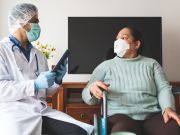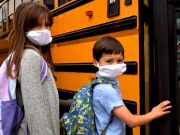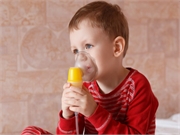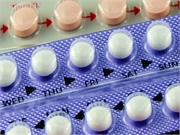
Fall is approaching, and so is the possibility of what public health officials are calling a “twindemic” — overlapping epidemics of both COVID-19 and influenza. A bad flu season coupled with continued COVID-19 outbreaks could increase people’s risk of fatal illness and overwhelm hospital capacity in communities already scrambling to treat coronavirus patients, experts say.… read on >


















